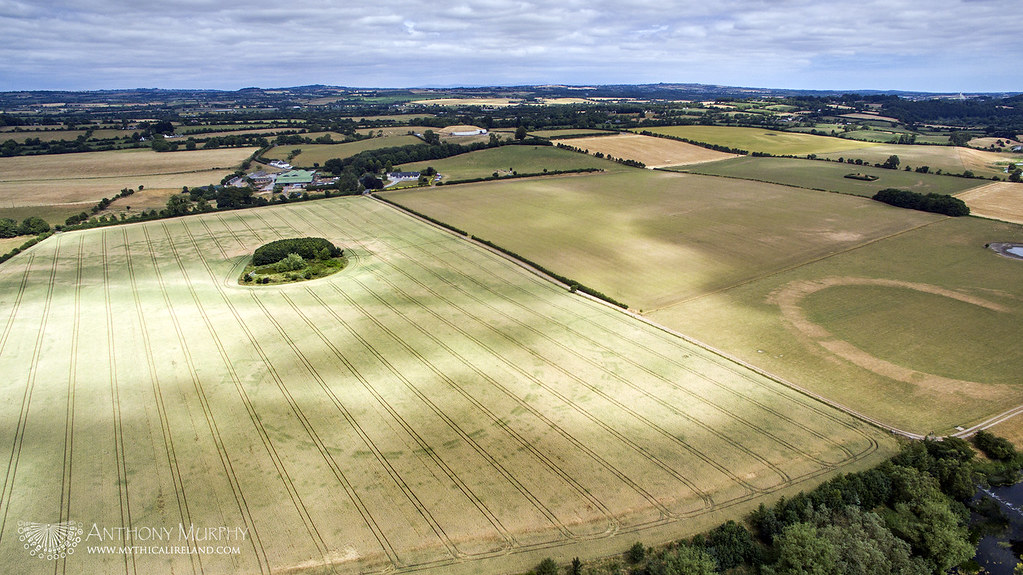Monday, August 6, 2018
online course to see the length and breadth of Cross-cultural Methods
Tuesday, July 17, 2018
Looking for Iron Age locations
The dry summer days show off structures ordinarily not visible at ground level, or even like this from the air when all is well watered at other seasons and even during the summer of a typical rainfall year. Here are a few structures in the vicinity of Eire's giant New Grange stone building of millennia ago, https://www.flickr.com/photos/mythicalireland/41635425520/in/explore-2018-07-16/
No doubt these will contribute to the mapped locations and finds across the hilltops through the British Isles around the time that implements and weapons of iron overtook the weaker points of bronze (admixing copper with tin) and before that the artifacts of copper alone.
| I was at the centre of a major archaeological discovery in the Boyne Valley last week. Using a drone, I found a massive crop mark which is believed to be the footprint of a huge late Neolithic henge or enclosure. I was flying with Ken Williams at the time. The markings are only visible because of the prolonged drought in the area. | |
Wednesday, June 27, 2018
anthro eye in the private sector - seeing what people say & do
https://www.marketplace.org/shows/marketplace-morning-report/06262018-us-edition
Sunday, June 10, 2018
ancient role of grandmothering - radio story, June 2018
Babysitters, tuber-diggers: Studies show the rise of grandmas helped babies thrive — and evolve
For decades, a "man the hunter" theory of early humans prevailed, with the image of societies and interactions revolving around bagging big game. But new research suggests that women likely brought home a lot more food. When grandmothers were added to the mix, babies ate better and may have developed better social skills to manage their multiple caregivers.
"Human children are adapted for cooperation … in ways that apes aren't," says a psychologist.
Thursday, February 15, 2018
thinking like an anthropologist - why? how?
Early February release of "How to Think like an Anthropologists" by Matthew Engelke.
Radio segment discussion by Barbara J. King, http://wuwm.com/post/how-think-anthropologist-and-why-you-should-want
| wuwm.com Civilization originated in the Fertile Crescent region, including parts of modern-day Iraq, Syria, Lebanon, Jordan, Israel and Egypt. That's the | ||
and screenshot attached from eBook page with cover and blurb.
Thanks to author Engelke for bringing anthro to wider and wider audiences!



